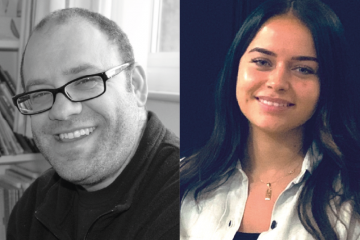PhD Studentship
Ex vivo drug screening using human tissue to personalise cancer therapy and replace murine avatars

At a glance
Completed
Award date
October 2020 - September 2023
Grant amount
£90,000
Principal investigator
Dr Spencer Collis
Co-investigator(s)
- Professor Thomas Helleday
- Mr Ola Rominiyi
- Dr Juha Rantala
Institute
University of Sheffield
R
- Replacement
Read the abstract
View the grant profile on GtR
NC3Rs gateway article
Read the methods on the NC3Rs Gateway
